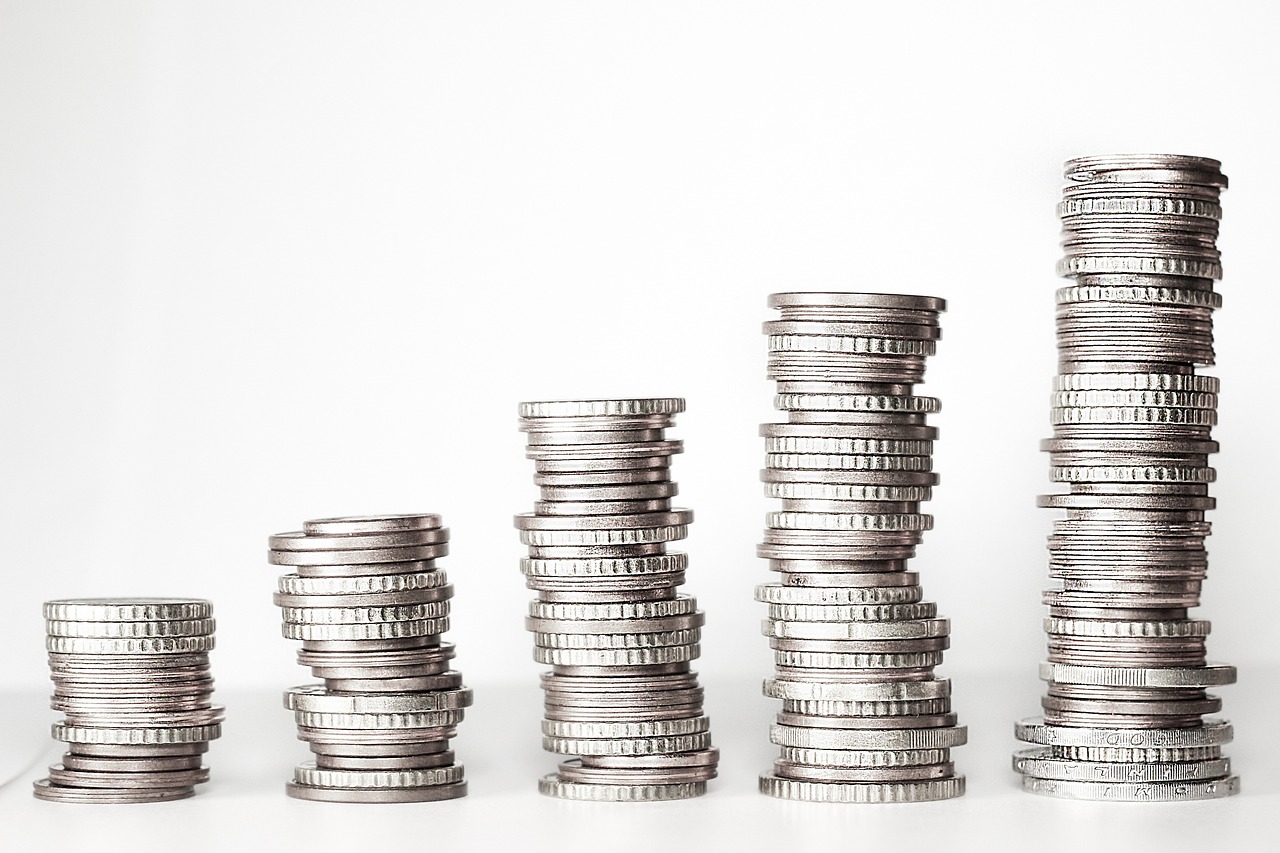Making an emergency fund is an important step toward securing your financial future. Here's why it's important:
Table of contents [Show]
Unexpected expenses
Life is full of surprises, and many of them come with unexpected expenses. It could be a sudden medical bill, car repairs, or even a job loss. An emergency fund is a safety net, giving you the financial means to handle these unexpected expenses without going into debt or disrupting your overall financial stability.
Financial flexibility
Having an emergency fund builds financial resilience. It gives you peace of mind knowing that you have funds set aside specifically for emergencies.
Debt prevention
Without an emergency fund, you may be tempted to rely on credit cards or loans to cover unexpected expenses. This can lead to accumulating debt and paying high-interest charges.
Flexibility and freedom
Building an emergency fund gives you flexibility and freedom in your financial choices. It allows you to handle unexpected situations without compromising your long-term financial goals. Whether it's pursuing higher education, starting a business, or taking on new opportunities, having an emergency fund provides a financial cushion that empowers you to make decisions that align with your aspirations.
Reduced stress
Financial stress can be difficult and take a toll on your overall well-being. Knowing that you have money in the form of an emergency fund to rely on during challenging times can significantly reduce stress and anxiety. It allows you to focus on other aspects of your life, such as your career, relationships, and personal growth.
Short-term unemployment
If you experience a job loss or unexpected unemployment, an emergency fund can bridge the gap until you secure a new job or source of income. It provides you with the means to cover your most important expenses, such as rent, utilities, and groceries.
Building financial discipline
Establishing and growing an emergency fund requires financial discipline. It encourages you to save regularly and prioritize financial stability. As you contribute to your emergency fund, you develop healthy financial habits that can extend to other areas of your financial life, such as budgeting, saving for long-term goals, and investing.
Start building your own emergency fund by keeping aside a portion of your income regularly. Aim to save at least about six months' of living expenses as a general guideline, but adjust the target based on your individual circumstances and comfort level. Remember, making an emergency fund is a journey. It may take time, but each contribution brings you closer to financial stability and peace of mind.







